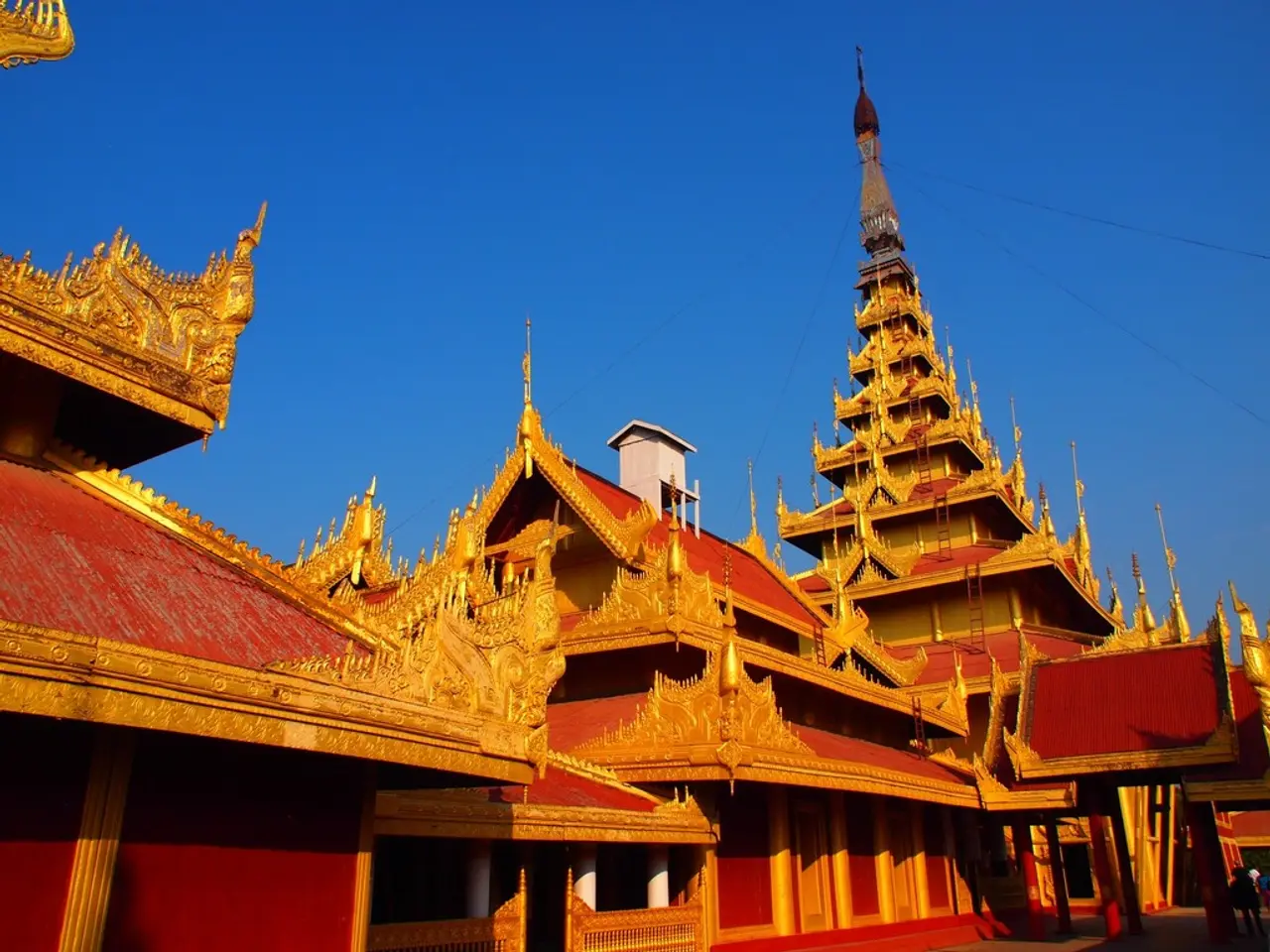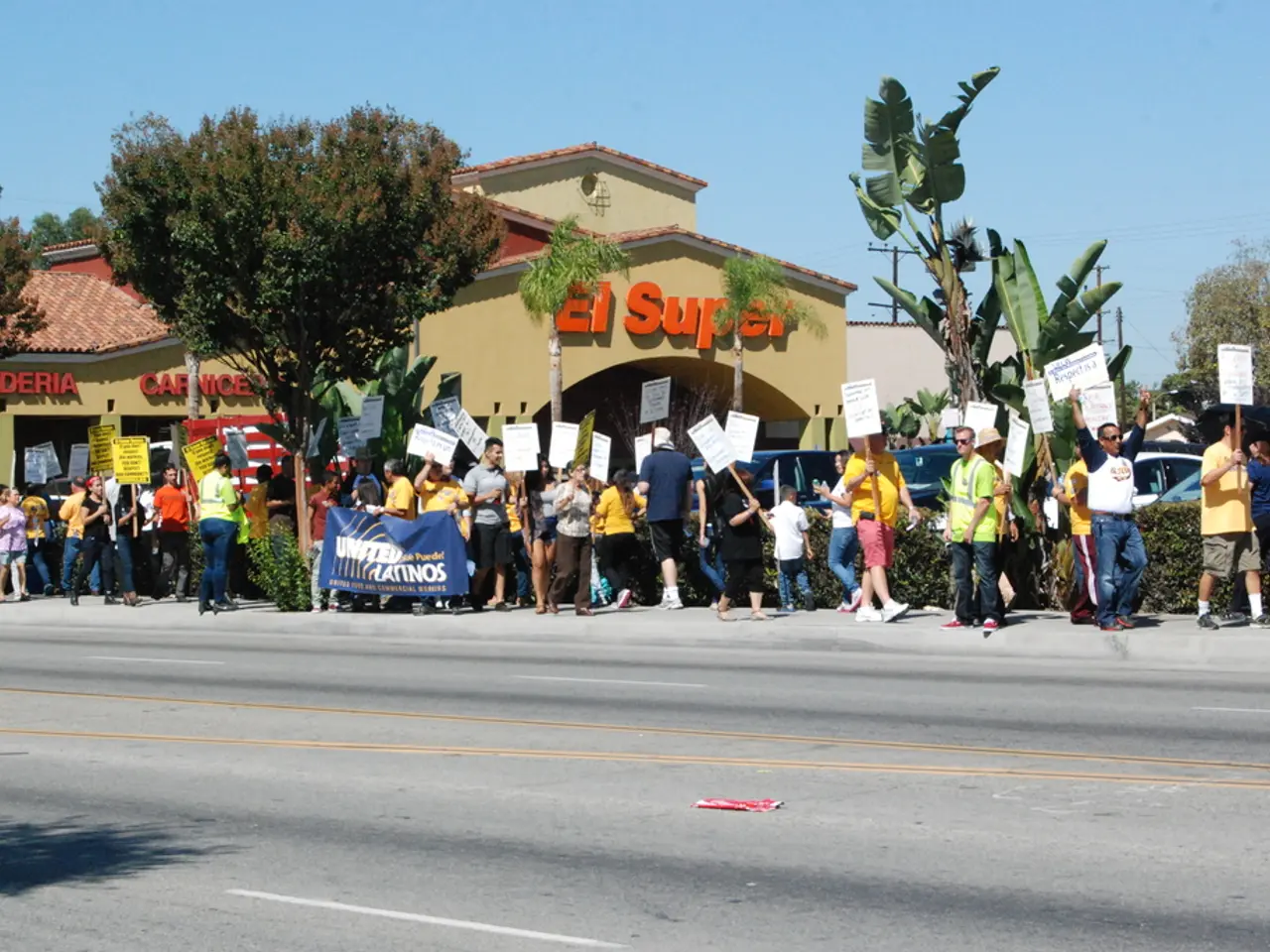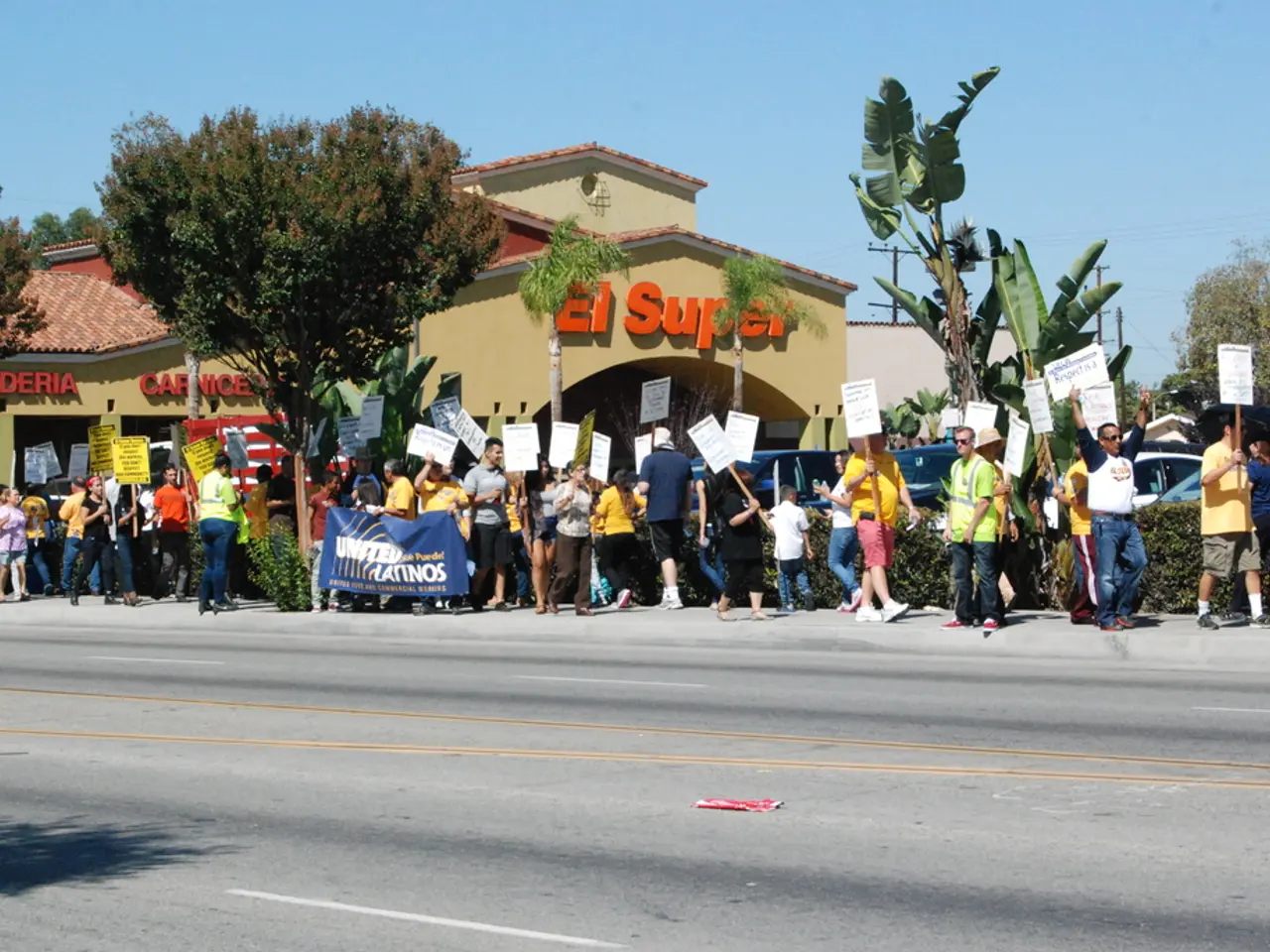China declares Thai-Cambodian endorsement of truce pact, lauds diplomatic influence in regional tranquility
The recent ceasefire agreement between Thailand and Cambodia, reached on July 28, 2025, following escalated border fighting, remains in place but faces challenges due to deep-rooted mistrust and nationalist politics on both sides. The ceasefire was declared during Kuala Lumpur talks mediated by Malaysia (ASEAN chair) and supported by international pressure, including the United Nations Security Council and statements from the U.S. president (Donald Trump) (sources [1], [2]).
In a significant step towards regional peace, a trilateral meeting between Thailand, Cambodia, and China was held on July 30 in Shanghai, China. The meeting, facilitated by Chinese Vice Foreign Minister Sun Weidong, was described as sincere, frank, friendly, and full of unity. During the meeting, both countries expressed their gratitude to China for its role in facilitating peace and China pledged a neutral stance and constructive role in the ceasefire talks between Thailand and Cambodia.
Thailand and Cambodia confirmed their commitment to continuing the ceasefire agreement, and discussions regarding the resolution of the border dispute were held. China reiterated its commitment to a peaceful resolution of the Thai-Cambodian border dispute through dialogue. The outcome of the meeting was reported on the Chinese Ministry of Foreign Affairs website.
The meeting was seen as part of China's efforts to foster mutual understanding between neighboring countries in Southeast Asia. In response to false claims spread by Cambodia about a Thai pre-emptive strike before the ceasefire, the army issued a statement clarifying the situation. ISOC (International Security Operations Centre) also deployed rapid response teams to counter unidentified drone threats.
As of August 2025, the main external facilitators identified are ASEAN and Malaysia. No specific details were provided about the U.S.'s involvement in the ceasefire talks. No further details were given about any potential future meetings or negotiations between the three countries. The ceasefire is currently holding after declaration on July 28, 2025, but remains fragile given the long history of border disputes and mutual distrust.
Sources: [1] BBC News, (2025). Thailand-Cambodia border conflict: What's happening?, [online] Available at: https://www.bbc.com/news/world-asia-56411625 [2] Reuters, (2025). Thailand, Cambodia agree to ceasefire after border clashes, [online] Available at: https://www.reuters.com/world/asia-pacific/thailand-cambodia-agree-ceasefire-after-border-clashes-2025-07-28/ [3] The Diplomat, (2025). The Thailand-Cambodia Border Dispute: ASEAN's Role in Resolving the Conflict, [online] Available at: https://thediplomat.com/2025/08/the-thailand-cambodia-border-dispute-aseans-role-in-resolving-the-conflict/
- The trilateral meeting between Thailand, Cambodia, and China, held in Shanghai, highlighted the importance of politics and general news discourse as both nations expressed their gratitude to China's involvement and neutral stance in the ongoing ceasefire talks.
- As China reiterated its commitment to a peaceful resolution of the Thai-Cambodian border dispute, regional politics particularly in the Southeast Asian region were set to play a significant role in ensuring the success of the ceasefire agreement and subsequent negotiations, given the fragile state of the truce and long history of border disputes between the two countries.






